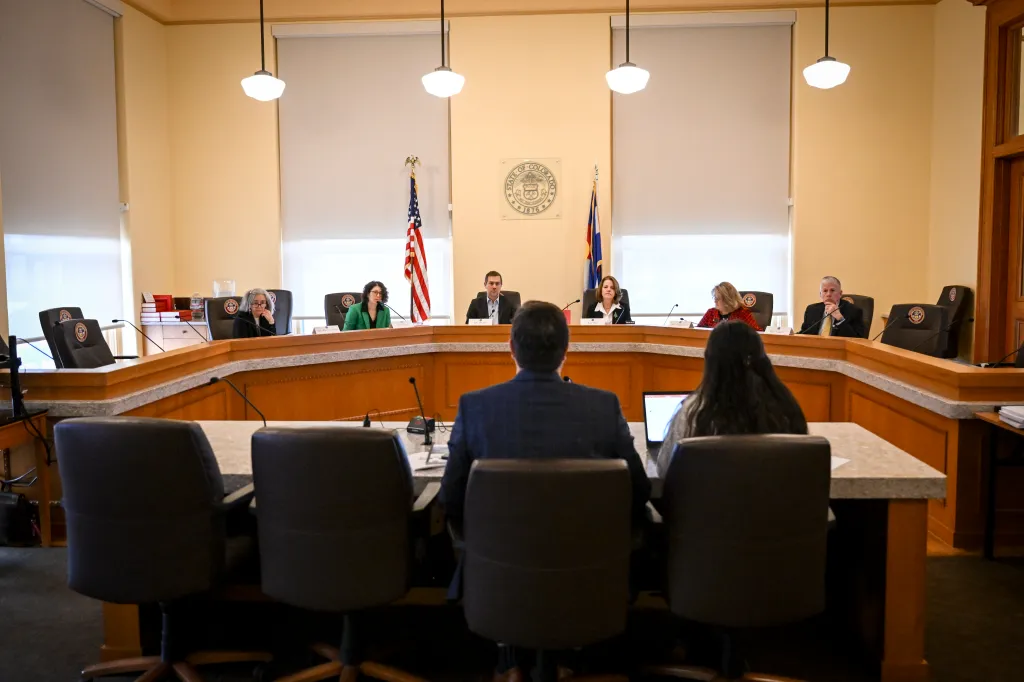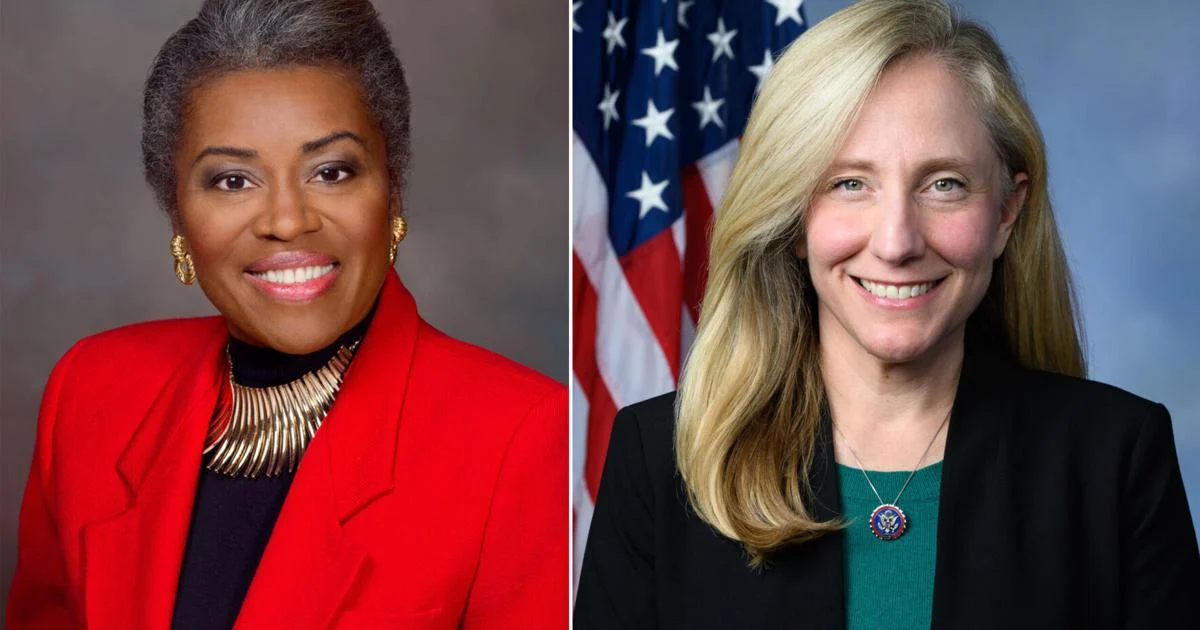
Colorado state government faces a continuing dim fiscal picture heading into next year as a slowing economy, rising costs and the rollout of tariffs weigh on forecasters, according to projections released Monday.
The new forecasts preview what was already expected to be a need for another round of budget cuts. They also project a gap in state tax refunds due to a drop in tax revenue and a relatively high risk of a recession over the next year.
State economists with the legislative branch expect lawmakers will begin nearly $800 million in the hole when they start drafting the 2026-27 fiscal year’s budget if they absorb projections for spending on Medicaid, higher education, salary increases for state employees and other rising costs. That gap between projected revenue and costs would come despite an expectation that the general fund will grow by 7.4%, or $1.3 billion, according to nonpartisan legislative staff, as rising costs continue to outpace tax collections.
“Years of thoughtful bipartisan budgeting puts us on solid financial footing, but with the devastating impacts of H.R. 1 (the recent federal tax bill), along with tariffs continuing to create uncertainty and raise prices for Colorado families, more tough budget decisions are most certainly ahead,” Sen. Jeff Bridges, a Greenwood Village Democrat and the chair of the Joint Budget Committee, said in a statement.
Colorado policymakers, after several flush years following the pandemic, have faced a series of fiscal crunches over the past year. Rocketing Medicaid costs helped drive a need for $1.2 billion in cuts to the budget for the current fiscal year, which began July 1.
Subsequent tax and spending changes at the federal level — passed by Congress in legislation known as the One Big Beautiful Bill Act — drilled another $783 million hole in the budget.
Gov. Jared Polis called lawmakers into a special session last month to help close that gap by ending tax breaks for some businesses. Polis also cut more than $100 million in midyear spending and swept nearly $150 million from state cash funds, before dipping into the state’s rainy day fund to make up the rest.
From Colorado’s small businesses to its large corporations, tariffs are having a jarring impact
Colorado’s tax code is closely tied to federal tax law, making the state particularly sensitive to changes there. The federal cuts dropped Colorado below the tax cap set by the Taxpayer’s Bill of Rights, or TABOR, for the current fiscal year, eliminating expected state refunds when residents file their taxes in 2027.
Refunds for the upcoming 2026 tax-filing season have been confirmed at $20 for low-income Coloradans and up to $30 for Coloradans making between $110,000 and $176,000 in income. The highest-income Coloradans can expect $62 refunds.
Colorado should return to a TABOR surplus beyond 2027, assuming no dramatic shift in economic conditions.
Economists continue to be wary of a near-term recession, which would both cut state revenue and boost the demand on state services.
They cite a softening labor market, low construction activity and high household borrowing as immediate warning signs of economic turmoil — and that’s before the full weight of tariffs is felt on Colorado consumers and businesses. Nonpartisan staff estimated an annual hit of $250 billion to Colorado businesses from tariffs enacted by President Donald Trump.
Rising Medicaid costs also pose an existential threat to the state budget. Health care costs for the lowest-income Coloradans have increased by an average of nearly 9% per year over the past decade, versus growth in the TABOR cap of only about 4.4% per year over that same time frame, straining state spending.
At those rates, without a significant change in policy or health care costs, the general fund would be squeezed to nearly nothing in the next 15 years, according to an analysis by the governor’s Office of State Planning and Budgeting.
“The pace of growth in the Medicaid budget is significant and driving a significant portion of the structural deficit” facing the state, budget director Mark Ferrandino said. Big change coming for Medicaid because of the recent federal bill “is going to make that worse,” he added.
Stay up-to-date with Colorado Politics by signing up for our weekly newsletter, The Spot.



